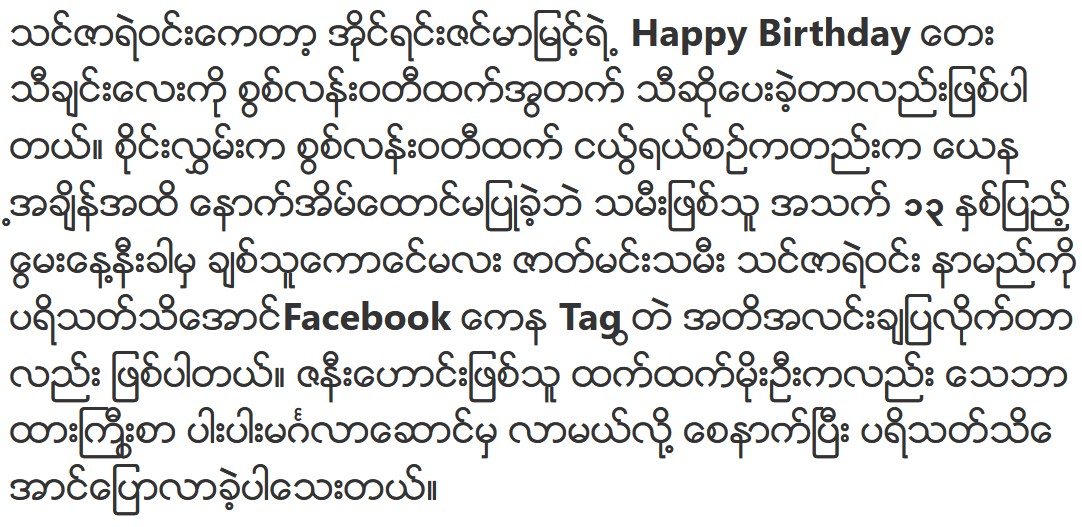











Welcome, dear reader, to the dawn of a new era in healthcare! Imagine a world where your medical records are securely stored, easily accessible, and completely under your control. Sounds like a dream, right? Well, with the advent of blockchain technology, this dream is swiftly becoming a reality. In this article, we’ll embark on an enlightening journey through the intricate web of blockchain in healthcare, exploring its transformative power in revolutionizing patient care.
Unraveling the Mystery of Blockchain
Let’s start by demystifying blockchain. In its simplest form, blockchain is a decentralized, distributed ledger technology that records transactions across multiple computers in such a way that the stored information becomes immutable and transparent. Think of it as a digital ledger that keeps a tamper-proof record of transactions.
The Foundation of Trust
Trust forms the bedrock of any healthcare system. Patients trust their healthcare providers with their most sensitive information—medical records, diagnoses, and treatment plans. However, traditional methods of storing and sharing this data have often fallen short, leaving room for errors, breaches, and mistrust. Enter blockchain—a game-changer in building trust within the healthcare ecosystem.
Security Reinvented
With blockchain, security takes center stage. Unlike centralized databases vulnerable to hacking, blockchain encrypts data across a network of computers, making it virtually impossible for unauthorized parties to alter or access sensitive information. Each block in the chain is linked to the previous one, creating a secure and transparent audit trail of every transaction.
Empowering Patients
Imagine having full control over your medical records—accessing them whenever you need, sharing them securely with healthcare providers of your choice, and even monetizing your health data if you wish. Blockchain puts the power back into the hands of patients, enabling them to be active participants in their healthcare journey.
Interoperability: Bridging the Gaps
One of the greatest challenges in healthcare is the lack of interoperability—the seamless exchange of information between different healthcare systems and providers. Traditional methods often result in fragmented data silos, hindering collaboration and compromising patient care. Blockchain offers a solution by creating a standardized, interoperable platform where data can flow freely and securely across the healthcare ecosystem.
The Promise of Enhanced Privacy
Privacy concerns loom large in the realm of healthcare, with data breaches and unauthorized access posing significant risks to patient confidentiality. Blockchain addresses these concerns by implementing robust encryption protocols and permissioned access controls, ensuring that sensitive medical information remains private and secure.
Streamlining Administrative Processes
Healthcare administration is notorious for its inefficiencies—lengthy paperwork, redundant processes, and bureaucratic red tape. Blockchain streamlines administrative tasks by automating workflows, reducing paperwork, and eliminating intermediaries. This not only saves time and resources but also improves the overall efficiency of healthcare operations.
Fighting Fraud and Counterfeiting
Counterfeit drugs pose a serious threat to public health, accounting for a significant portion of global pharmaceutical sales. Blockchain can help combat this menace by creating a transparent supply chain where the authenticity and integrity of medications can be verified at every step—from production to distribution to consumption. By leveraging blockchain’s immutable ledger, stakeholders can trace the provenance of drugs and swiftly identify and intercept counterfeit products.
Revolutionizing Clinical Trials
The journey from drug discovery to market approval is fraught with challenges, chief among them being the lengthy and expensive process of conducting clinical trials. Blockchain has the potential to revolutionize this landscape by enabling secure and transparent data sharing among researchers, sponsors, regulators, and patients. Smart contracts built on blockchain can automate consent management, streamline data collection, and ensure the integrity of trial data, ultimately accelerating the pace of medical innovation.
Overcoming Challenges and Adoption Barriers
Despite its immense potential, blockchain adoption in healthcare faces several challenges, including regulatory uncertainty, interoperability issues, and concerns about scalability and sustainability. Additionally, cultural and organizational barriers may impede the willingness of stakeholders to embrace this disruptive technology. However, with concerted efforts from industry players, policymakers, and innovators, these challenges can be overcome, paving the way for widespread blockchain adoption in healthcare.
As we conclude our exploration of blockchain in healthcare, one thing becomes abundantly clear—this revolutionary technology has the power to transform patient care as we know it. From enhancing security and privacy to fostering trust and interoperability, blockchain holds the promise of a more efficient, transparent, and patient-centric healthcare ecosystem. So, dear reader, let us embrace this paradigm shift with open arms and embark on a journey towards a healthier, more connected future.
